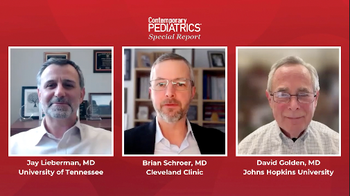
Legislating the public health
Deciding whether to mandate protection of the public involves consideration of evidence, and risk and burden.
What do human papillomavirus, transfats, and school vending machines have in common? They have all received attention because of the threat they pose to the health of the public. They are also the subjects of recent state and local attempts to legislate improved health. Efforts to prevent harm or enhance health through legislation are not new. We have had laws mandating immunization for school entry; laws mandating seat belt, bike and motorcycle helmet, and air bag use; and laws restricting smoking in public places.
The logic justifying these laws has varied. Smoking restrictions are not so much intended to prevent harm to the smoker as to protect others from passively inhaling toxins. If the inconvenience of having to leave a bar, a restaurant, or the workplace to have a cigarette protects the smoker as well, so much the better. Seat belts, helmets, and air bags help protect the user from injury and death; and in so doing, potentially reduce the costs associated with medical care, disability, and loss of productive contribution to society.
The more recent legislative efforts to protect and improve the health of the public seem to have increased public sensitivity and resistance to restrictions on individual choice and privacy. It is unlikely that those objecting to such legislation actually want their children to become overweight drinking sugared sodas, or think there is some advantage to having arteries clogged because of eating French fries cooked in transfats, or believe their daughters have some natural protection from human papillomavirus infection. Instead, the concerns of those objecting to this kind of legislation reflect suspicion about laws that push us onto a slippery slope of restrictions on what we do and what we eat, and acknowledge teenage sexuality as a part of the domain of public health.
As pediatric health care providers, we do not make the rules. However, we do have a responsibility to ensure that our patients, legislators, and the public are well informed.
Newsletter
Access practical, evidence-based guidance to support better care for our youngest patients. Join our email list for the latest clinical updates.



